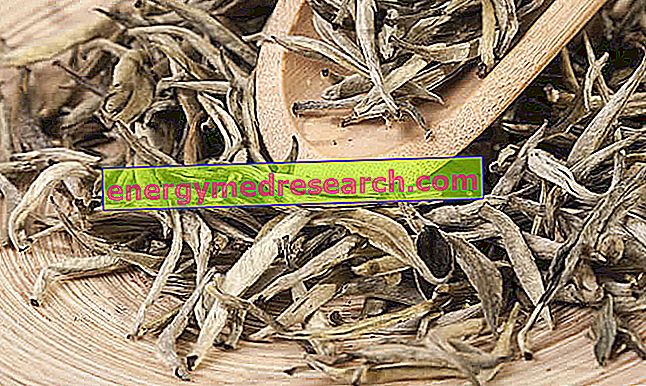
Excessive coffee consumption should not be taken too lightly because, in certain situations, it can be a form of abuse that is potentially harmful to health.
Containing caffeine (a methylxanthine ), coffee acts as a "stimulant" and therefore has clear indications for consumption; such restrictions are justifiable due to the possible hormonal and neural influences that the excess drink can exert on the organism.
These contraindications mainly affect people in: childhood, pregnancy or lactation, or suffering from heart disease, hypertension, anxiety, irritable bowel, compromised gastric mucosa and many others. Moreover, even taking into consideration healthy and adult subjects, excess coffee can exert all the negative effects linked to an excess of caffeine in the blood.
Most of the aforementioned complications can easily be overcome by preferring the so-called decaffeinated coffee, or a product derived from the decaffeination (removal of caffeine by means of solvents) of raw green coffee before roasting.
Let us also remember that, in some cafes, the presence of slightly controversial molecules has been observed; these are the di-terpenes. These, a type of terpenes, are linked to the oily component of coffee (fortunately very small) and are more present in unfiltered coffee (or obtained from instruments with metal filters such as the classic mocha) rather than in coffee made from paper filters. Not all dipenes are harmful, just as not all are beneficial, which is why their concentration must be kept constantly under control.
The tolerance of the elderly population to coffee is linked above all to the presence and relative concentration of methylxanthine. In this regard, it seems that a quantity of about 50-100mg of caffeine per day (averagely contained in 5-10g of coffee powder) is well tolerated by most of the elderly people. Beyond this threshold there could be many side effects.
As anticipated, even in children, pregnant women and nurses, the presence of caffeine must be maintained within certain limits. Moreover, in addition to the complication of a nervous and hormonal nature linked to the excess of coffee, it is necessary to take into consideration an obstacle to iron absorption. It is an effect to be scrupulously avoided both on pregnant and lactating women and on newborns and children.
In coffee, some unwanted molecules have also been identified; these, tested at exponential concentrations on rodents, showed a carcinogenic action. However, the experimentation of concentrations achievable with food on humans has not led to any kind of neoplastic effect.
On the other hand, it has been found that soluble coffee (apparently less "intense" than the others) contains a greater portion of acrylamide (glucose derivative) than the fresh one. This phenomenon is probably related to the specific drying method, even if there are various types of industrial techniques and plants that have a different impact on this chemical parameter. In this case, since they are toxic residues of carbohydrates, it is conceivable that those drying processes that exploit the contact of liquid coffee on hot surfaces (for example, moving rollers to be scraped) are more involved.
Caffeine in coffee can also aggravate pre-existing ailments such as migraine, arrhythmia and sleep complications. Furthermore, at high doses, it can cause anxiety in those predisposed.
At one time it was thought that coffee could heavily aggravate gastroesophageal reflux disease, but recent studies seriously question this "nutritional dogma". Obviously, for safety, in similar circumstances it is always advisable to make moderate and occasional use of the drink, avoiding it in evening meals.
It is no news that caffeine can be addictive and therefore addictive. In fact, some research suggests that even in people who consume little coffee, suspending it abruptly, they tend to manifest: depressive symptoms, anxiety, fatigue and tiredness. However, the methodology used in these studies has been criticized for poor accuracy. However, it should not be forgotten that these effects are common (and well documented) in the most avid consumers of beverages containing this methylxanthine.
NB . Recently, market statistics showed that, in the US, 15% of coffee consumers stopped taking it due to the possible health implications that this could have on their organism.



